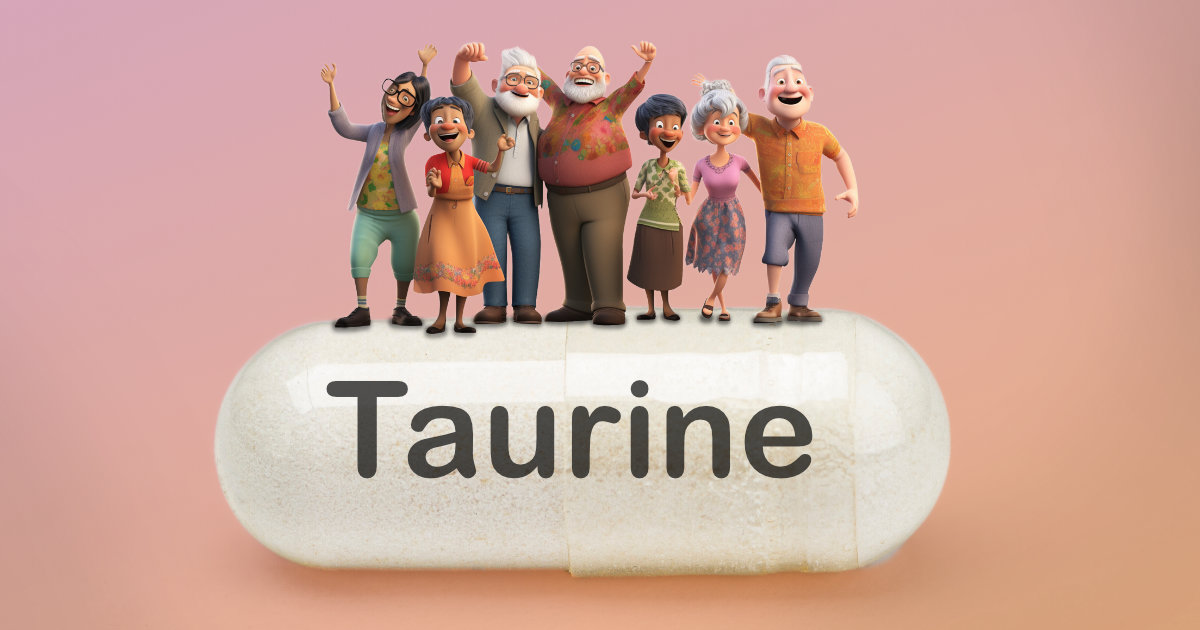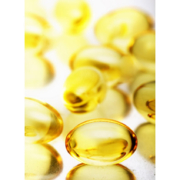More Taurine, Longer Life
The researchers next step was to supplement the diet of several species with taurine to see if the lifespan of various species would be increased. While they didn’t include humans in the study (we live too long), they did note in other studies that some factors related to aging declined with taurine supplementation.
Taurine supplementation significantly increased the lifespan of worms, mice, and rhesus monkeys, but researchers didn’t determine the originating mechanism involved in the protective process. Certainly, genes have to be impacted in some way, but the only conclusion they could make is that supplementing with taurine extended the lifespan of the species tested.
Combine that with the decline that occurs with aging in humans and the associated increase of degenerative conditions, and it appears that taurine is critical for improving human health as well decreasing some of the manifestations of aging.
Increasing Taurine Intake
The only real question is the best way to increase taurine levels. Would there be any downside to taking a taurine supplement? Or should we focus on increasing the protein in our diet, specifically the animal protein? Here’s something else to consider before we get to that point: one of the characteristics of aging is a decrease in protein intake. There’s no reason that I could find for that to happen. It just does.
I think it should be a combination of both sources. Protein intake should be increased once a person reaches 50 to at least one gram per kilogram body weight. That would mean it would be roughly half a person’s body weight in grams. If you weigh 200 pounds, you should probably get 100 to 120 grams of protein per day. It may be prudent for those over 70 to exceed that amount, not just for the taurine but also to stem the loss of muscle mass. It may require a concerted effort to eat that much protein.
Let’s turn to taurine supplementation. Taurine is typically offered in 500 milligram capsules. When you look at the research, the amount used in studies ranges from 500 milligrams per day up to six grams per day. A couple of studies lasted at least six months long. Taurine supplementation seems safe.
Starting with one gram of taurine per day for a minimum of 60 days is a good place to begin. Depending on where you began, you may or may not feel anything, so you can increase the amount. Or you may find it’s having a profound effect on you because it impacts so many different organ systems in the body, and you may decide to hold the line.
How about your diet? What foods contain taurine? The highest taurine levels would be found in shellfish, eggs, soy products, and liver as well as—surprise, surprise—energy drinks if you want to use them. But don’t forget, all animal protein will count because it will have the two primary amino acids that taurine is made from: methionine and cysteine.
The Bottom Line
Is taurine the fountain of youth? No. But it’s one of many strategies we can use to age well. Living long is not good enough. Living well longer should be our goal. Increasing taurine levels is another step in aging with a vengeance.
What are you prepared to do today?
Dr. Chet
Reference: https://www.science.org/doi/10.1126/science.abn9257









